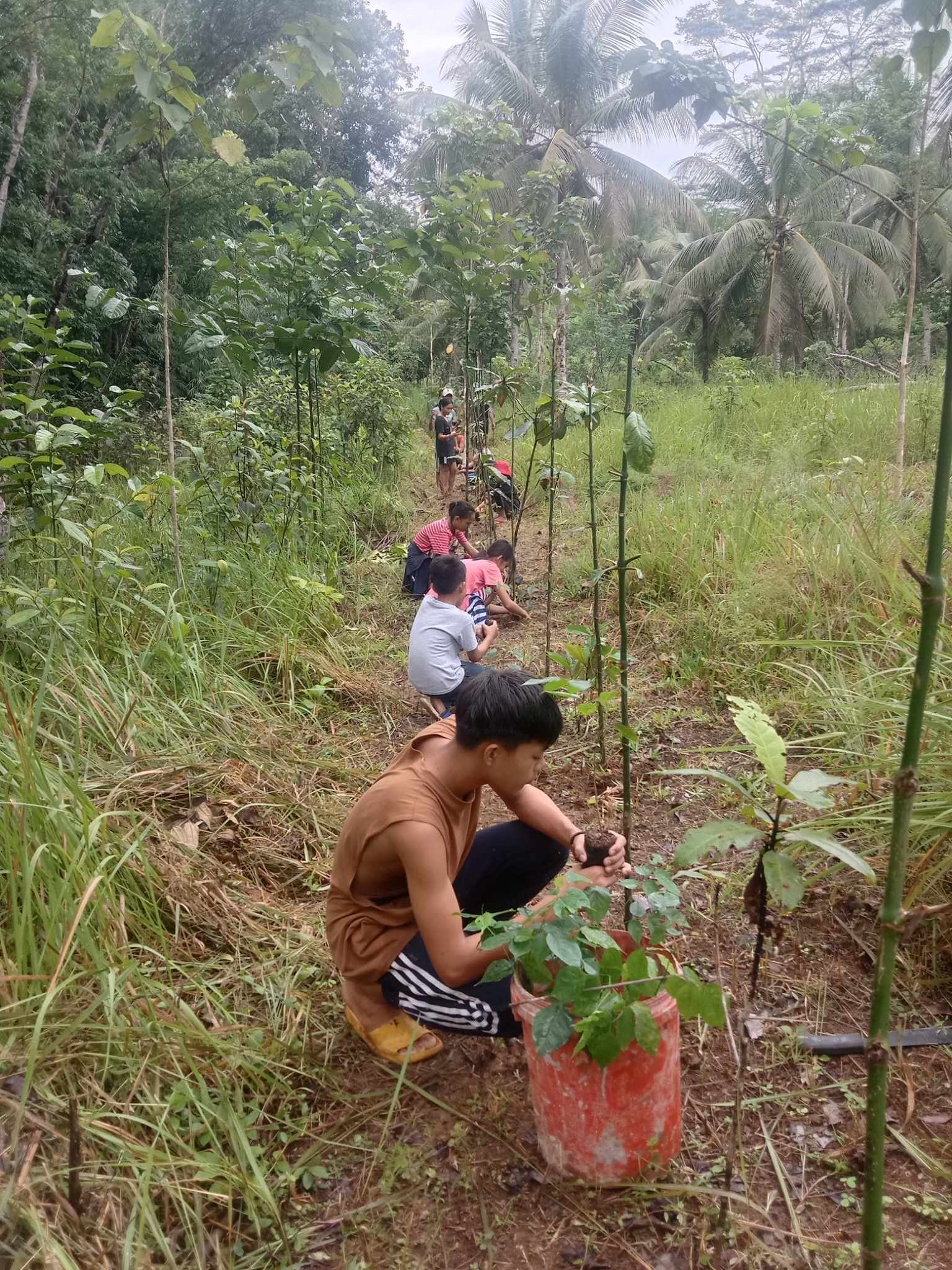Integral Ecology
We live in a time when science and theology offer reliable global insights about the interconnectedness of life and matter in all forms throughout the universe.
This enriches our understanding of the world as a source of deep contemplation and sacred activity, calling us to the heart of what it means to be inclusive and reconciled in all ways with the Whole. It challenges us to re-evaluate prior perceptions, previous understanding, and unquestioned practices.
In responding to Integral Ecology, it is critical to:
transformative spirituality
Activate a transformative spirituality that understands earth science, rights of Mother Earth, insights of cosmology, and knowledge of inclusive and universal rights.
critical analysis
Engage in critical analysis of one’s own culture toward awareness of inherited traditions and the possibility for dynamic participation in new forms of incarnational reality.
environmental responsibility
Convert individual and communal behavior from ecological ignorance to environmental responsibility, evaluating uses of energy, technology, water, diet, practices of waste and consumption, economic investments and political policy.
communal study
Study Catholic Social Teaching. Do communal study and apply documents such as Laudato Si, The Earth Charter, The Beijing Declaration and Platform for Action, notably section K on Women and the Environment, and the UN SDGs of the UN Agenda 2030, particularly numbers 6, 7, 12, 13, 14, 15.
empowerment
Ensure strategies for empowerment of women and girls in all our programs, including women’s participation in decision-making and advocacy. Environmental sustainability ought to be considered in every strategic plan for mission development.
Advocate
Advocate locally and internationally with positive movements such as the 2015 Paris Climate Accord and the continuing processes of the United Nations Framework Convention on Climate Change (UNFCCC.)
Engage
Engage in political action led by communities and groups, such as indigenous and women, who have been historically dominated and excluded but who hold ancient and sacred knowledge of the earth.
Evaluate Programs
Evaluate our communities, service projects and programs according to principles of respect for the earth, inclusion of and care for all communities, and reverence for the sustainability of future generations.
Evaluate Decisions
Evaluate and adjust personal and communal decisions in areas of consumption, production, and use of natural resources in light of the sustainability of the universe. The common good of all is a guiding principle directing actions such as fair trade purchasing, avoidance of non-renewable energy and disposable products, support of local agriculture, home composting, low energy production, land ownership, etc.
politically active
Be politically active on issues such as trade, climate, practices of trans-national corporations, harm of military industry and armaments, national energy policies, and sustainable water usage, in order to “eliminate the structural causes of the dysfunction.”
(Benedict XVI) Any investments held communally require analysis for environmental justice and sustainability.
confront economic policies
Use cross sectional analysis to confront economic policies that lead to human, animal, and earth degradation. OLCGS Advocacy in areas such as trafficking in human persons, migration, economics, or the girl child should always include ecological and environmental data.



